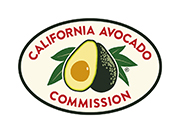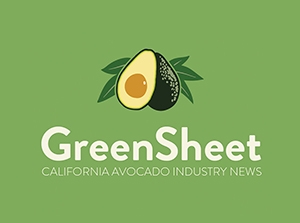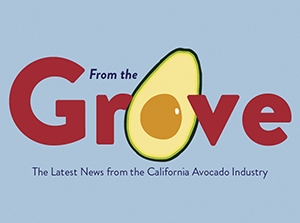Assimilation Productivity from Canopy to Fruit as Determined by Avocado Tree Physiology
The results of this research will provide a valuable framework for cultural management decisions and future research on the physiology of the avocado. A more complete understanding of the tree’s response to environmental stresses will be a direct outcome of this research. The results of this research will validate the high temperature sensitivity of ‘Hass’ and will explain why this variety is not necessarily well adapted in warm inland valleys.
Assessing the Genetic Determination of Valuable Avocado Traits Using Microsatellite (SSR) Markers and Quantitative Trait Locus (QTL) Analysis
Avocado breeding is challenged by the inability to perform controlled pollination, the long juvenility period of the trees (4–7 years) and their considerable size. Because of these difficulties, varietal improvement has long relied on multi-year field trials during which large numbers of seedlings are grown to maturity and screened for desirable (phenotypic) characteristics. Inferior trees are culled as their deficiencies become apparent, leaving only the most promising genotypes.
Application of Molecular Markers to Avocado Improvement
Employing a molecular marker-guided methodology can accelerate the breeding of Avocado. One advantage of the molecular approach is that it eliminates the step of growing seedlings to mature trees: instead, seedlings are screened for the presence of markers correlated with desirable traits.
- Previous
- 3 of 3


